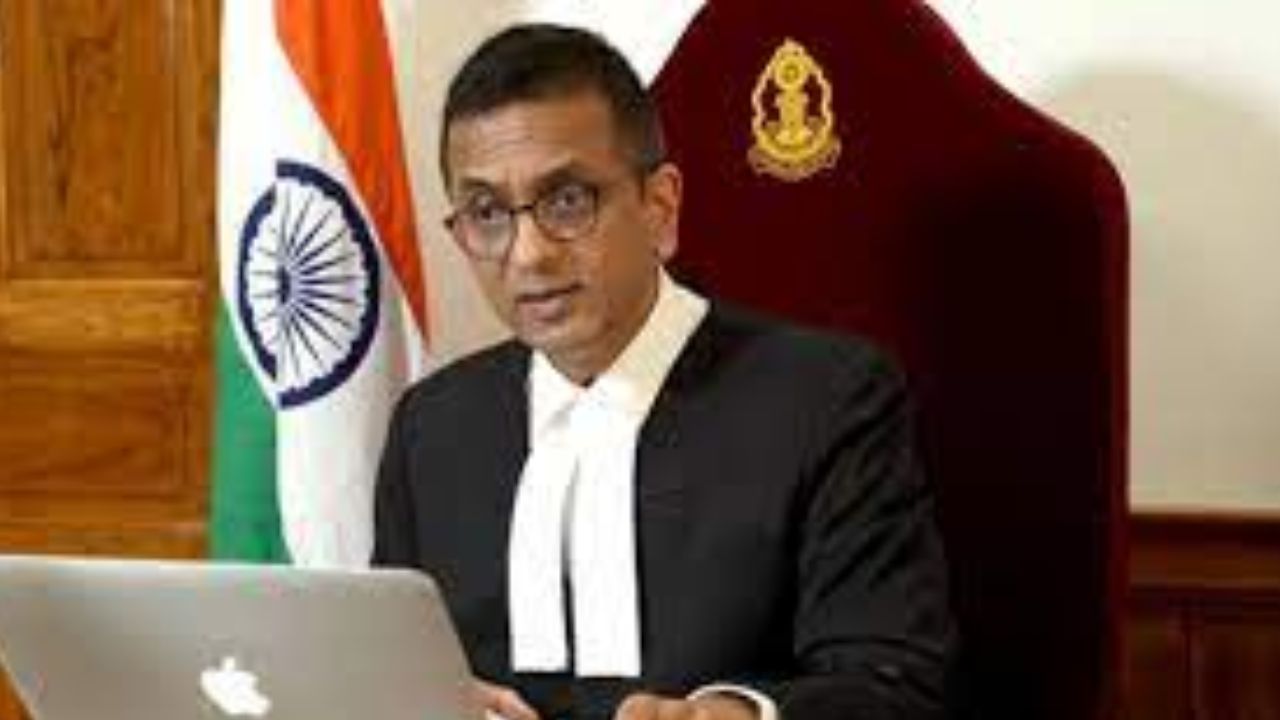Chief Justice of India: CJI Appointment, Age, Salary, Oath, Retirement, Provision in Constitution
The Chief Justice of India is the supreme of the Supreme Court. Articles 124-147 in part V of the constitution deal with the Supreme Court, which also includes CJI.

Introduction of Chief Justice of India (CJI): The judges of the Supreme Court are appointed by the president by the Chief Justice of India. The Chief Justice of India is appointed by the president after consultation with such judges of the Supreme Court and High Court as he deems necessary.
The other cities are appointed by the president after consultation with the chief justice and search the judges of the supreme court and high court as he deems necessary. Consultation with the chief justice is obligatory in case of appointment of a judge other than the Chief justice.
CJI Dr. Justice Dhananjaya Y Chandrachud
- Current CJI Name- Hon’ble Dr. Justice Dhananjaya Y Chandrachud (50th D. Y. Chandrachud)
- Date of Appointment- Oath on 9th November 2022
- Date of Retirement- 10th November 2024
Appointment of Chief Justice of India
Approximately from 1950 to 1973, the practice has been to appoint the senior judge of the Supreme Court as chief justice of India. The established convention was violated in 1973 when he was appointed as the Chief justice of India by superseding three senior judges. Again in 1977, M.U. Beg was appointed as Chief Justice of India by superseding the senior-most judge.
This discretion of the government was curtailed by the supreme court in the second judges’ case in which the Supreme Court ruled that the senior judge of the Supreme Court and it could alone be chosen for the office of the Chief Justice of India.
Qualifications of Chief Justice of India
- To become chief justice of India, he must be a citizen of India.
- He should be a judge of the Supreme Court
- He should be a senior judge of the Supreme Court
Oath of Judges of the Supreme Court
- A judge of the Supreme Court to uphold the sovereignty and integrity of India.
- A judge of the Supreme Court duly and faithfully and to the best of his ability, knowledge, and judgment performs the duties of the office.
- A judge of the Supreme Court to uphold the Constitution and the laws.
Acting Chief Justice of India
The president can be appointed a judge of the supreme court as an acting Chief Justice of India when the office of the Chief Justice of India is vacant, the Chief Justice of India is temporarily absent, and the Chief Justice of India is unable to perform the duties of his office.
Functions of CJI
CJI is the master coast of Administrative Powers of CJI (Master of Roster):
- In addition, to his adjudicative role, the CJI also plays the part of the administrative head of the Court.
- In his administrative volume, the Chief Justice exercises the prerogative of allocating cases to benches.
Thus, he can impact the consequence by merely selecting judges that he thinks may favor a specific outcome. Such managerial powers can be exercised deprived of collegial consensus and without any stated details.
The SC ruled that the office of the Chief Justice of India comes under the purview of the Right to Information Act, 2005 ruled the judgment in 2019.
